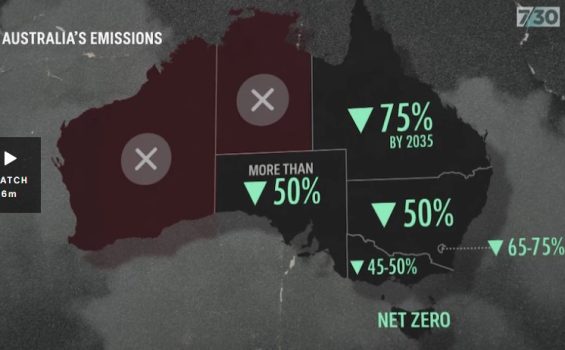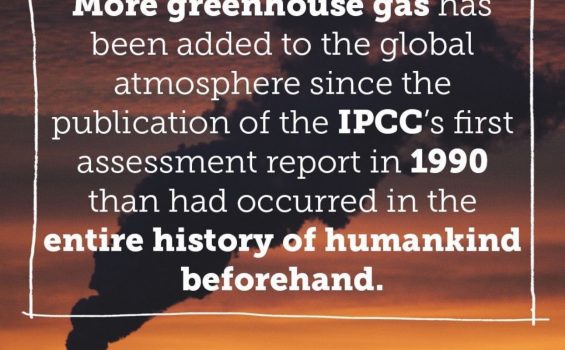
Why Household Gas is about to have its Kodak Moment
1 November 2024
Electric households are cheaper to run than those powered by gas – a fact WACOSS correctly asserts, despite Premier Cook’s claims to the contrary.
Perhaps the Premier had forgotten that, in 2023, his government trumpeted the financial benefits to households getting off gas in Esperance. They even issued a press release stating: “Esperance electrification customers are saving an average 38 per cent on energy bills.”
These substantial savings extend beyond Esperance. Recently, Rewiring Australia partnered with the Federal Government to launch a program in the north of Wollongong. It will demonstrate how “electrification is a cheaper way to run a household than paying cash every week for fossil fuels.” Their modelling shows that Australian households switching to electric today could save $154,000 over the next 15 years. With the right investments, West Australian homes could enjoy similar benefits.
The advantages of electrification go beyond cost savings – it creates healthier homes. Gas stoves and heaters pose significant health risks. Research shows that gas stove use accounts for over 12% of childhood asthma cases. Moreover, exposure to nitrogen dioxide from gas appliances has been linked to chronic lung disease and increased mortality.
Gas use in homes also contributes significantly to climate change. Australian household energy use and personal vehicles account for roughly one-third of our domestic emissions. We don’t all need to take short, cold showers to tackle climate change, but we do need to get off gas.
Over the next 20 years, Australian households are going to replace over 10 million small machines that currently burn fossil fuels – our cars, water heaters, space heaters, kitchen stoves –so let’s replace them with more efficient electric machines that can be charged by renewable energy.
As Rewiring Australia Founder Saul Griffith likes to say: “The answer to almost every decarbonisation problem is electrification.”
Returning to WACOSS’s cost-of-living argument, it’s time for our resource-rich WA Government to support households in making this healthy, environmentally responsible, money-saving transition. We need to ensure lower income householders and renters to be able to access these electrification benefits too.
Every other Australian state and territory already offers support, from battery subsidies to low- and no-interest loans for replacing inefficient gas appliances with ultra-efficient electric alternatives. Whether it’s heat pumps for water and space heating or electric induction cooktops, these changes are making homes healthier, cleaner, and more affordable to run.
Consider if the billions spent on electricity bill rebates had instead funded home electrification and energy efficiency improvements. This would have provided a far more sustainable, long-term solution for West Australian households’ cost of living challenges.
The rest of Australia is already embracing this part of our clean energy future. Gas in our homes is going the way of film in our cameras. The future is electric. Time for WA to get energised too.


Discussion